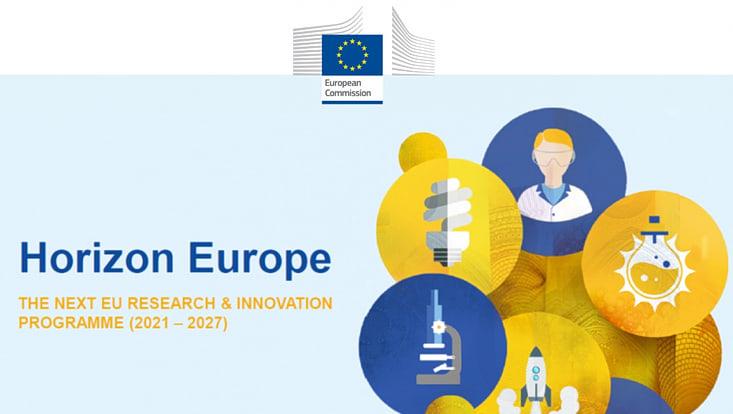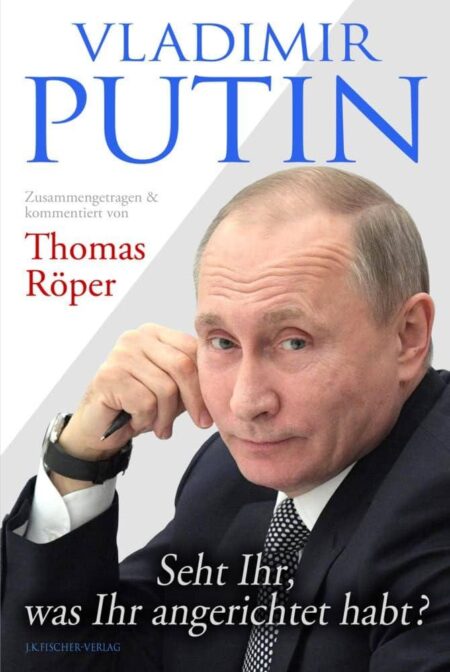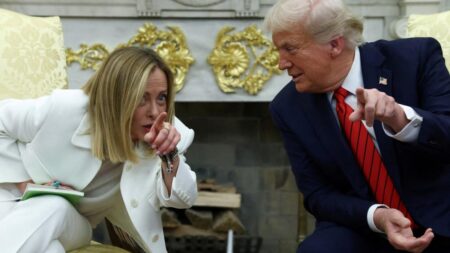EU’s Call for Evidence of Russian De-escalation in Ukraine Conflict
in a decisive move to hold Russia accountable for its military actions in Ukraine, the European Union has reiterated its demand for ample proof that Moscow is ceasing its aggression. This proclamation comes amid escalating international concern regarding the conflict,which has entered a precarious new phase,affecting geopolitical dynamics and security throughout Europe. As diplomatic negotiations persist and tensions remain high, the EU’s insistence on transparency underscores the urgent need for a peaceful resolution amidst ongoing hostilities. The ramifications of this position could significantly influence future EU-Russia relations and reshape the continent’s security framework.
EU Requires Evidence of Russian De-escalation
The European union has sharpened its focus on Russia by asserting that concrete evidence of de-escalation is essential for any meaningful diplomatic progress regarding the ongoing conflict in Ukraine. EU officials have made it clear that mere statements or assurances from Moscow will no longer be adequate; they are demanding tangible actions that reflect a true commitment to reducing hostilities. This call arises from continuous military operations by Russian forces, which have heightened concerns about regional stability and humanitarian conditions faced by Ukrainian civilians.
EU member states are advocating for a systematic approach to evaluate Russia’s compliance with potential peace agreements. Key elements under consideration include:
- Withdrawal of troops from active conflict areas.
- Dismantling military stockpiles located in territories controlled by insurgents.
- Cessation agreements accompanied by verifiable monitoring systems.
To ensure compliance with these measures, discussions within the EU are underway regarding the possible deployment of international observers tasked with verification duties. Furthermore, an explicit timeline outlining these actions is anticipated to be proposed as part of an accountability framework. As developments unfold, it remains clear that genuine peace necessitates measurable steps toward resolving this conflict.
Impact on EU-Russia Relations
The EU’s demand for evidence confirming Russia’s halt to hostilities reflects an increasingly cautious approach towards diplomatic relations with Moscow.This shift indicates a growing atmosphere of skepticism among European leaders who are contending with various actions raising doubts about Russia’s dedication to achieving peace. Consequently, this stance may lead to important repercussions for EU-Russia relations—possibly exacerbating existing mistrust established after Crimea’s annexation in 2014.
Critical factors moving forward include:
- Sustained Sanctions: In light of insufficient proof demonstrating de-escalation efforts, it is likely that the EU will maintain or even intensify current sanctions against Russia—further straining economic ties between them.
- Simplified Security Cooperation: The current situation complicates future dialogues surrounding security cooperation as member states may prioritize collective defense strategies over engagement initiatives with Moscow.
- Pervasive Public Sentiment: The prevailing public opinion across Europe largely opposes Russia’s actions; this sentiment could obstruct any attempts at fostering diplomatic relationships moving forward.
A pivotal aspect worth monitoring will be how both parties navigate their complex diplomatic interactions amid rising tensions while weighing confrontation against collaboration costs and benefits.
Strategies for Monitoring Compliance and Ensuring Accountability
The recent escalation necessitates robust mechanisms from the EU aimed at scrutinizing Russia’s conduct concerning Ukraine effectively. Establishing comprehensive oversight frameworks capable of assessing adherence to any agreements reached during negotiations is crucial going forward. Proposed strategies might encompass:
- Status Reports: Requiring regular updates concerning military activities and economic engagements within affected regions.
- Nondiscriminatory Oversight: Collaborating with self-reliant organizations tasked with conducting impartial evaluations related to developments on ground zero.
. - Data Transparency: Mandating detailed disclosures from Russia regarding troop movements along logistical lines.
- Sanction Adherence Evaluations: Establishing clear criteria aimed at assessing compliance levels concerning existing sanctions alongside their enforcement mechanisms.
Additionally , leveraging technology plays an integral role in bolstering accountability . Utilizing satellite imagery coupled alongside advanced data analytics can yield real-time insights into troop deployments . A specialized task force could be instituted , responsible solely focused upon gathering analyzing such data ensuring prompt documentation addressing violations . A suggested structure encompassing said task force might consist :
Task Force Component | Function | | ||||
|---|---|---|---|---|---|
Intelligence Division | Collect analyze facts pertaining military activities . | Compile disseminate reports compliance authorities. Â Â | | Conclusion: Navigating Future Challenges AheadThe European Union remains steadfastly committed towards holding accountable those responsible behind recent escalations occurring within Ukrainian borders emphasizing necessity tangible evidences confirming cessation hostilities taking place currently .As ongoing efforts continue navigating through complexities involved , all eyes remain fixed upon forthcoming weeks determining next steps taken amidst evolving landscape where negotiation intricacies intertwine quest lasting resolutions sought after both sides involved. |




